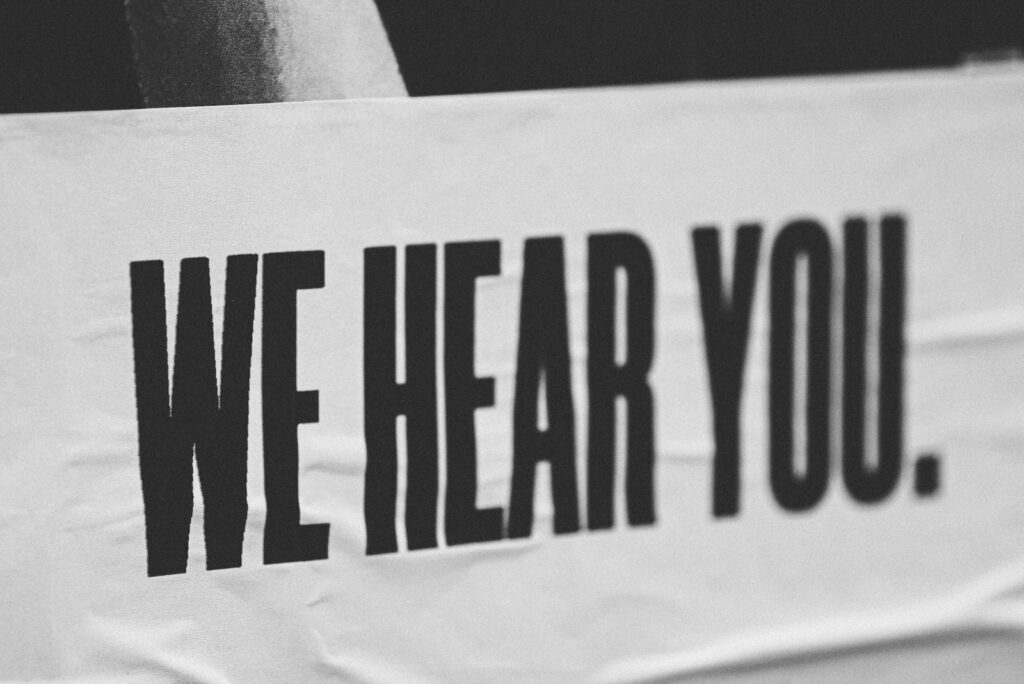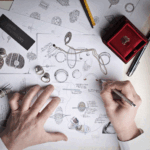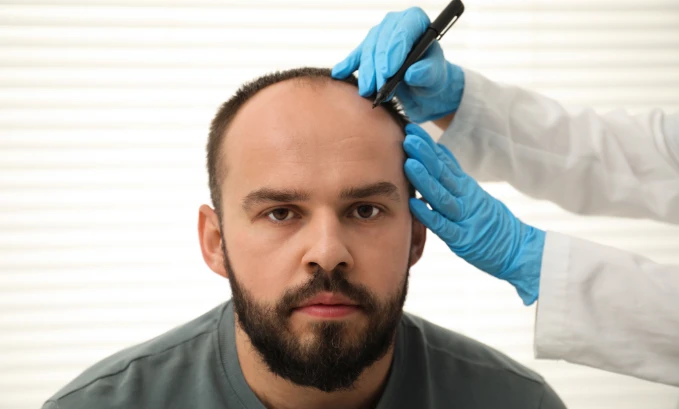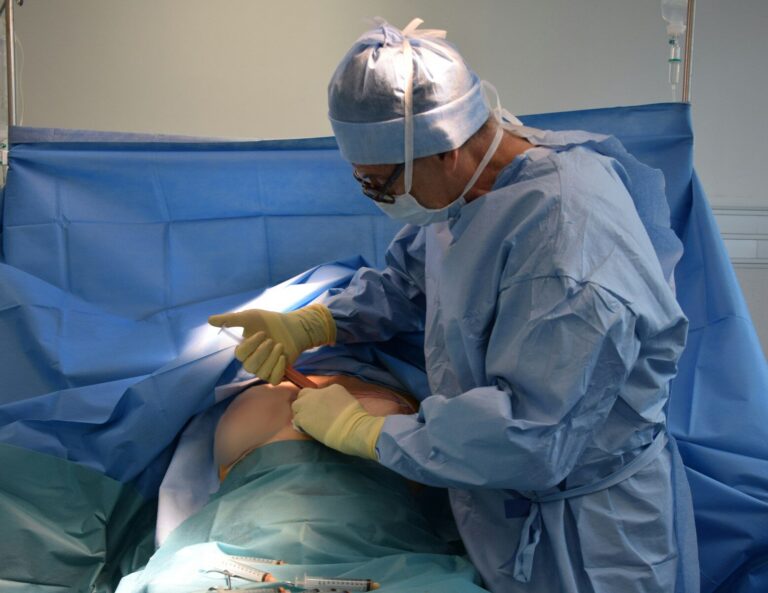
Most people have a routine for their skin. Some plan their meals around nutrition. Others track steps, sleep, and water intake like it’s a full-time job. Yet ear health is rarely invited into the conversation. Strange, considering hearing shapes how we connect, work, and relax. When it falters, everything from social confidence to cognitive sharpness can take a hit.
Ignoring your ears doesn’t just mean missing a few words in a crowded café. It’s about the slow erosion of how you experience daily life. The truth is, listening better starts with something simpler than expensive devices or quick fixes. It starts with care.
The Misunderstood Role of Ear Wax
Ear wax has always had a branding problem. Most people treat it like dirt. Something to scrub out, a marker of bad hygiene. But that’s never been its purpose. Ear wax, or cerumen, is part of the body’s built-in defense system. It protects against dust, bacteria, and even fungi. It moisturizes the canal, keeping the delicate skin from drying out.
When we obsess over removing it, we’re not “cleaning.” We’re stripping away the ear’s natural filter. Medical experts have warned about this for decades, but the Q-tip habit is stubborn. People still reach for swabs, not realizing they’re pushing wax deeper and risking impaction. The problem isn’t that wax exists. The problem is when we try to outsmart biology.
The Fragile Reality of Your Eardrum
It’s easy to forget that your ears are built with precision, not resilience. The eardrum is thinner than paper, and the canal is narrow and vulnerable. A slip of a swab or an improvised tool can do more than push wax around. It can puncture the membrane that translates vibrations into sound.
A ruptured eardrum doesn’t just hurt. It can lead to hearing loss, recurring infections, and long recovery times. Even when it heals, the damage lingers. All of this because many of us believe “feeling clean” matters more than letting our ears do their work.
Why We Can’t Quit Cotton Swabs
The psychology of cleanliness runs deep. We’re conditioned to see visible residue as proof of dirt. So when wax shows up, it feels wrong. The relief of swabbing is quick and satisfying. The ears tingle. The swab comes out coated. For a moment, you feel in control.
But like any habit, the payoff is short-lived. Within days, the wax builds again. And because it’s been pushed further inside, the cycle accelerates. You keep reaching for a solution that’s been the problem all along.
The Ears Are Self-Cleaning, If You Let Them
Unlike most body parts, ears are designed to take care of themselves. Jaw movement (chewing, talking, yawning) slowly shifts wax outward. From there, it naturally flakes away or washes out in the shower. For the majority of people, that’s enough. No interventions required.
The exceptions happen when wax builds up faster than it exits. This can be due to genetics, narrow canals, or devices like earbuds and hearing aids that trap wax. In those cases, the answer isn’t more DIY poking. It’s professional help.
Professional Care as Preventative Health
Think of safe ear cleaning as routine maintenance, not an emergency measure. Clinics use methods designed to clear wax without harm. Gentle irrigation. Suction under direct vision. Specialized instruments handled with precision. These techniques don’t just clear the canal. They restore hearing comfort instantly.
Pairing this with regular hearing checks is smart self-care. A trusted clinic offering a hearing test in Toronto can catch early issues before they affect your daily life. From undetected infections to gradual loss, the earlier the intervention, the stronger the long-term outcomes.
The Ripple Effect of Hearing Trouble
Hearing isn’t just about ears. It’s about how you exist in the world. When sound dulls, you miss the punchline of a joke. You misunderstand colleagues. Music you once loved feels flat. Social events shift from energizing to exhausting.
There’s also a mental load. Straining to listen drains focus. It’s linked to fatigue, irritability, and even memory decline. Studies have connected untreated hearing loss with increased risk of cognitive decline, including dementia. What starts as “a little wax” can spiral into larger health costs if it’s ignored.
Breaking the Habit of Neglect
Habits don’t change overnight. If swabs have been part of your routine since childhood, your brain wires the act to feelings of relief. Breaking that link takes time. The first step is awareness: reminding yourself that the “itch” in your ear is usually your body doing its job.
The second step is replacement. Instead of swabbing, rinse your outer ear with water in the shower. If discomfort lingers, book a cleaning. Over time, the new routine becomes the new normal. Ears feel less irritated, sound feels clearer, and you stop wasting mental energy on a cycle that never worked.
Ear Health in Everyday Life
Ear care isn’t a medical chore. It’s part of lifestyle wellness. The same way you wouldn’t skip dental check-ups or eye exams, your ears deserve that consistency. A little attention goes a long way. Noticing discomfort early. Taking headphones breaks. Managing volume at concerts. These choices add up.
They also influence relationships. Hearing well means engaging fully in conversations, showing attentiveness, and avoiding the frustration of constant repeats. In a world already noisy with distractions, the ability to truly listen is rare currency.
Aging and the Ears We Take for Granted
One reason people delay care is denial. Hearing loss feels like an “older person” issue. Something to deal with later. But aging isn’t the only factor. Noise exposure, infections, and even poor cleaning habits accelerate decline.
Addressing hearing health early doesn’t just preserve sound. It preserves independence. People who treat hearing as core to their wellness often age with more confidence and less isolation. The stigma around ear care is misplaced. It’s not about fragility. It’s about strength.
Listening as Self-Care
We live in a culture where self-care is marketed as candles and spa days. But real care often comes down to less glamorous maintenance. Sleep. Nutrition. Movement. And yes, protecting the sense that connects you most directly to others.
Your ears are the bridge between you and the world. The conversations that make you laugh. The music that grounds you. The quiet moments that give peace. Taking care of them isn’t indulgence. It’s respect for your body, your relationships, and your future self.
What Changes When You Pay Attention
The shift is subtle at first. Sounds feel clearer. Conversations require less effort. You stop second-guessing whether you heard something right. Over time, the difference becomes obvious. Work feels smoother. Social time feels easier. Music feels alive again.
That clarity carries into confidence. When you listen better, you connect better. And when you connect better, everything else (work, relationships, daily living) levels up. All from the decision to treat your ears as part of your wellness, not an afterthought.













